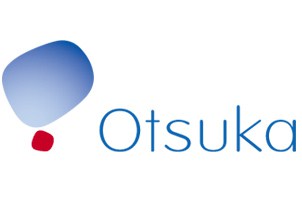
Otsuka has reported positive phase 3 results with a drug intended to calm agitation in patients with Alzheimer’s disease.
The first trial readout from the companies’ phase 3 programme for AVP-786 (deudextromethorphan/quinidine) showed that the drug was able to achieve a significant reduction in agitation symptoms at one of two doses tested, which Otsuka said was “encouraging”.
It may seem a minor victory after the failure of Biogen’s aducanumab in Alzheimer’s disease last week – further diminishing the hope of a therapy that can affect the underlying pathology in Alzheimer’s – but nevertheless does address one of the most challenging symptoms in dementia care.
There is no approved treatment for agitation in Alzheimer’s disease in the US at the moment, which means patients with moderate-to-severe agitation are generally treated off-label with antipsychotic drugs – which have been linked to a higher risk of death in dementia – as well as antidepressants and anxiety medications. All three drug classes have side effect issues, including drowsiness.
AVP-786 – developed by Otsuka subsidiary Avanir in collaboration with Concert Pharma – offers the promise of a new medicine that could “bridge the treatment gap” in agitated Alzheimer’s patients, according to Avanir’s head of R&D Sanjay Dubé.
The two partners are only releasing top-line findings from the phase 3 trial at the moment, with a second pivotal trial due to generate results in December and another also in play. For now the data is sketchy, but the safety profile looks encouraging with no deaths in the study considered to be related to treatment.
Side effects that occurred significantly more frequently than with placebo included falls, urinary tract infection, headache and diarrhoea.
Many patients with Alzheimer’s dementia will experience agitation at some point, characterised by restlessness, being unable to sleep, packing back and forth, and in severe cases verbal and/or physical aggression that causes emotional distress to patients and carers.
There are approximately 5.8 million individuals with Alzheimer’s disease in the US alone, with 50% of those estimated to encounter significant agitation symptoms at some point in the curse of their illness.
In 2015, AVP-786 was granted fast-track designation by the FDA for Alzheimer’s-related agitation, and the drug is also being tested in negative symptoms of schizophrenia, intermittent explosive disorder (IED) and disinhibition caused by traumatic brain injury.




